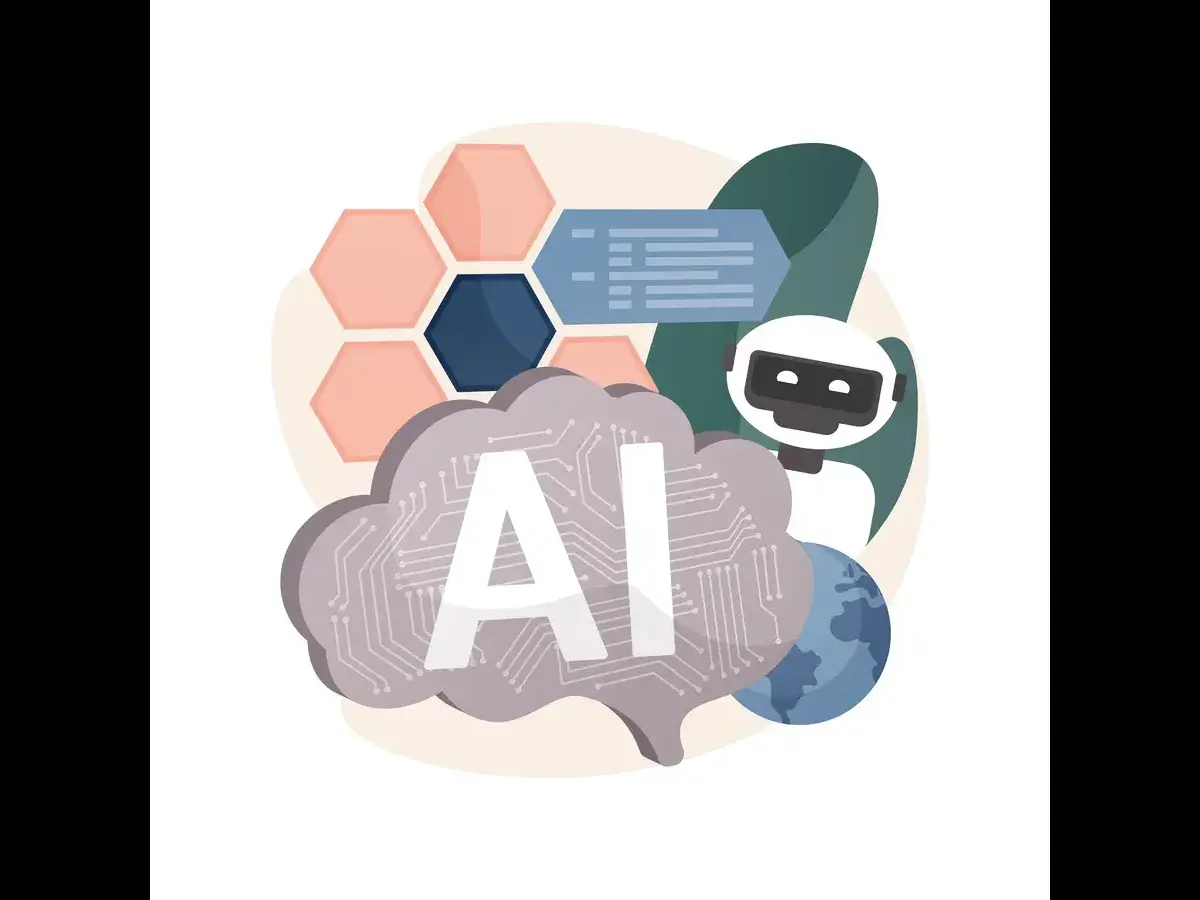All You Need To Know About The Google AI’s Embarrassing Moments

Recently, Google’s AI has faced some significant embarrassment due to inaccuracies and misleading information in its overviews. Let’s dive into the details of what happened and why it’s causing a stir in the tech community.
Google’s AI Overview Failures
In March 2024, several notable Twitter users highlighted the shortcomings of Google’s AI. The incidents came to light when Google’s AI produced incorrect or misleading information in its overviews, causing a ripple of concern about the reliability of AI-generated content.
Highlighted Incidents
1. Technical Misunderstandings
Lastly, a tweet by Goog_Enough showcased a scenario where Google’s AI overview completely misunderstood a technical question, providing an answer that was not only wrong but also irrelevant. This type of error highlights the challenges AI faces in understanding and accurately responding to complex or nuanced queries.
Here is the tweet by Goog_Enough:
2. Misleading Historical Facts
Another user, Trojanowski, shared a tweet where Google’s AI overview presented historical facts inaccurately. This can have severe consequences, especially when people rely on AI for educational purposes or to quickly fact-check information. Misleading information about historical events can perpetuate myths and misinformation.
Check out Trojanowski’s tweet:
3. Incorrect Information in Overviews
Jeffrey Coyle pointed out a particular instance where Google’s AI overview contained factually incorrect information about a technical topic. In his tweet, he shared a screenshot of an overview that misrepresented details about natural language processing (NLP). This not only misleads readers but also undermines trust in AI’s ability to provide accurate information.
You can see Jeffrey Coyle’s tweet:
Implications of These Failures
These instances underscore a significant issue with current AI technologies: the risk of spreading misinformation. When AI systems generate overviews, they are often seen as authoritative. If these overviews are incorrect, they can mislead a large number of people, particularly those who may not have the expertise to identify inaccuracies.
Why These Mistakes Matter?
1. Trust in Technology
One of the foundational aspects of technology, especially AI, is trust. Users need to trust that the information provided is accurate and reliable. When AI overviews are wrong, it shakes this trust and raises questions about the dependability of AI in critical applications.
2. Impact on Learning and Knowledge
AI is increasingly used in educational settings and for self-learning purposes. Inaccurate overviews can lead to misconceptions and a lack of proper understanding of important topics. For students and lifelong learners, relying on faulty AI-generated content can hinder their education.
3. Misinformation Spread
In the age of digital information, misinformation can spread rapidly. If AI systems are contributing to this spread, it can exacerbate the issue. False information, especially when presented confidently by an AI, can be picked up and shared widely, compounding the problem.
Moving Forward: Improving AI Accuracy
To address these issues, it’s crucial for developers and companies like Google to enhance the accuracy of their AI systems. This can involve several strategies:
- Enhanced Training Data: Using more comprehensive and diverse datasets can help AI systems learn better and reduce the chances of inaccuracies.
- Human Oversight: Implementing more rigorous human oversight and review processes can catch errors before they reach users.
- Feedback Mechanisms: Encouraging user feedback can help identify and rectify mistakes quickly, improving the system over time.
- Transparency: Being transparent about the limitations and potential errors of AI can help manage user expectations and encourage critical thinking.
The recent incidents of embarrassing Google AI overviews highlight a critical area for improvement in AI technology. While AI has made significant strides, these errors remind us that there is still a long way to go to ensure AI systems are reliable and accurate. By addressing these challenges through better data, oversight, and transparency, we can move towards a future where AI is a more dependable source of information.







